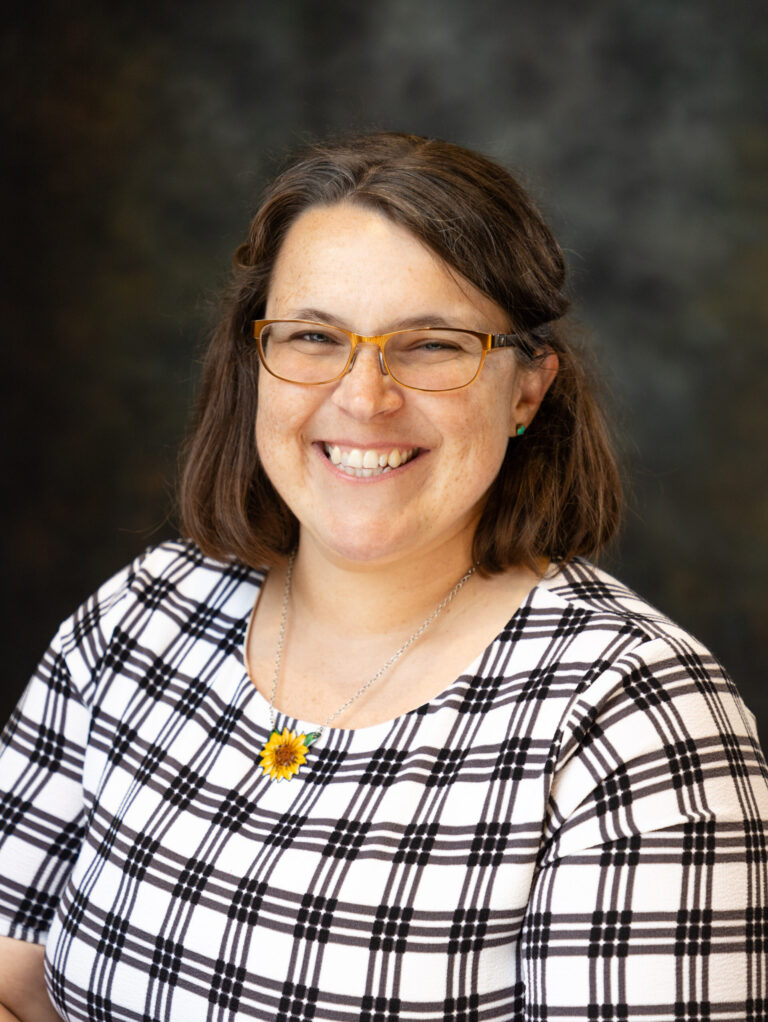Know Your Legal Rights is a bi-monthly column distributed by the State Bar of Wisconsin. It is written by members of the State Bar of Wisconsin’s Lawyer Referral and Information Service (LRIS), which connects Wisconsin residents with lawyers throughout the state. To find an attorney in your area, visit wislaw.org.
By Jill Lendu Johnson, MBA, Esq.

In Wisconsin, Healthcare Decisions Week is April 16 to 23, which highlights the importance of having a Power of Attorney (POA) for Health Care.
With this legal document, you spell out who can make health care decisions for you if you are too sick or disabled to make those decisions for yourself.
Why this document is important
Maybe the following story will encourage you to get this job done. A few years ago, I was volunteering at a free legal clinic. A woman came in and told me her husband was in his fifties when he was severely injured in motorcycle accident. He did not have a POA for Health Care.
After he was discharged from the hospital, she needed to arrange for nursing home care because he was permanently disabled. She was forced to go to court and get a guardianship because she did not have legal authority to make this decision, even though they were married.
Life Lesson: It can be both expensive and time-consuming to arrange for proper care for someone without a POA for Health Care.
Easy to Complete on Your Own
Like many tasks in life, getting a POA for Health Care is easy to put off. Fortunately, it is easy to get one done. First, you select a health care agent and make sure that person would be up for the job if needed. If you are married, it is usual to name your spouse as your health care agent.
You can also select an alternate agent. Whoever you choose must be an adult and cannot be your health care provider or employed by a health care facility where you are a patient. Additionally, your agent cannot be a spouse of any of those individuals unless he or she is a relative.
Forms Available Online
The Department of Health Services for the State of Wisconsin provides the form online. https://www.dhs.wisconsin.gov/forms/advdirectives/index.htm
Be sure to read the instructions that come with the form. You will need to sign the form in front of two witnesses and there are a few rules around who can be a witness, so read on.
Who Can Be a Witness
A witness must be at least 18 years old and cannot be related to you by blood, marriage, or adoption. Also, a witness cannot be your health care agent or be responsible for paying your health care bills. A witness cannot be someone giving you health care at the time you sign the document and also cannot be an employee of the health care provider.
An exception is made for a chaplain or social worker. They are good people to tap as witnesses. A witness cannot be an employee of an inpatient health care facility either, but again, chaplains and social workers are okay. Finally, a witness cannot have a claim to any part of your estate.
When Your Form is Complete
Keep all six pages of the Wisconsin POA for Health Care together. Keep a copy for yourself in a safe place and give a copy (again, all six pages) to anyone who provides you with health care.
That includes your dentist as well as your doctor and other health care providers. And finally, give a copy to the person you selected as your health care agent.
Where to Get Advice
If you need an attorney to help you, you can call the Lawyer Referral and Information Service at the State Bar of Wisconsin, 800-362-9082, for a referral to an attorney in your area.
Also, from April 12 to April 24, the State Bar of Wisconsin offers a free PDF guide called, “A Gift to Your Family: Planning Ahead for Future Health Needs.”
The guide includes practical insights on a range of issues surrounding health care decisions, such as power of attorney for health care, living wills, and organ and tissue donation. The guide also includes state forms to help people put their wishes in writing. Visit wisbar.org.
Jill Lendu Johnson, MBA, Esq., owner of J. Johnson Law Group L.L.C., specializes in estate planning, probate, and labor law. She is a member of the State Bar of Wisconsin Lawyer Referral and Information Service, which connects Wisconsin residents with lawyers throughout the state. Learn more at wislaw.org.



